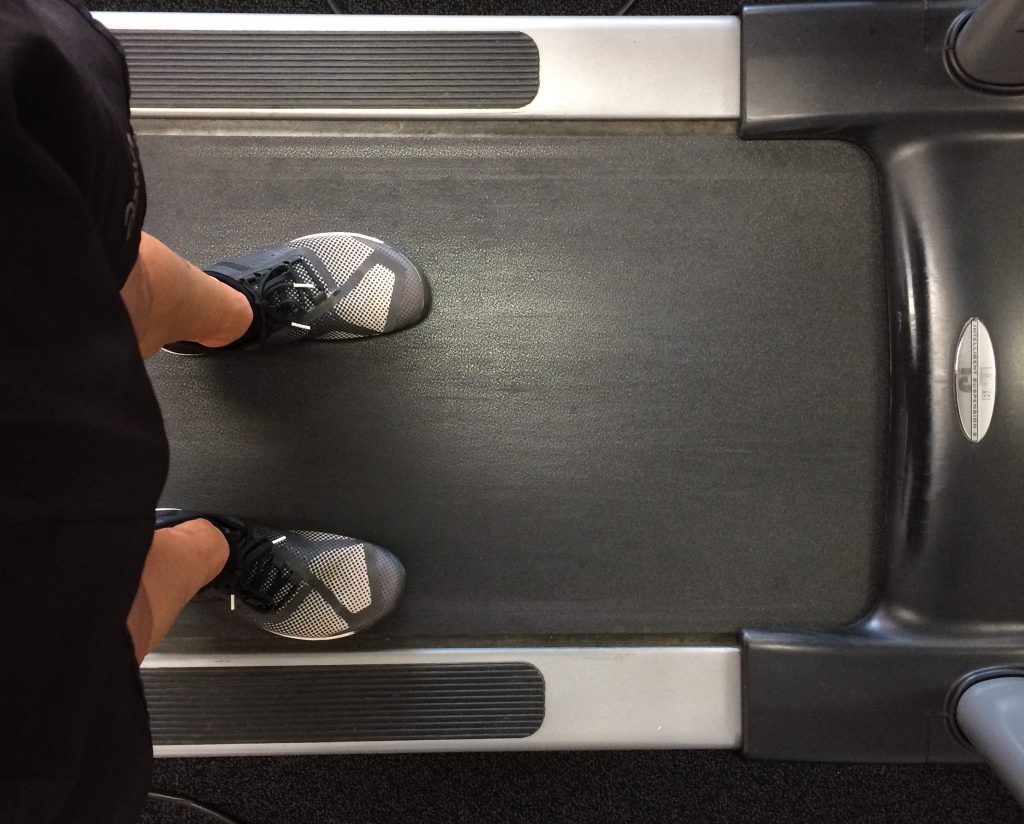
How To Respond to Early Symptoms of Heart Disease. Rule #1: Don’t Ignore Them.
Photo Credit: Kyle Kranz, via Flickr Creative Commons
There are little signs and symptoms of underlying heart disease that can be easy to ignore and at times even go unnoticed. One of the biggest is unexplained fatigue. For example, if it becomes harder to push the lawnmower and you start needing more regular breaks, you become short of breath or you just want to collapse, it’s important to pay attention.
If you act quickly, you can prevent or minimize heart damage.
I’ve observed that men, especially, can be stubborn, waiting days or weeks before they see a doctor. Working with heart patients, I’ve often heard men say, “Yeah, I was out of breath but it didn’t seem that big a deal.” If you acknowledge how your body is feeling and act quickly, you can prevent or minimize heart damage. Here are a few vital rules to live by:
Don’t Wait
Typically you know something’s off—and often you don’t want to think about it. Many of us are accustomed to pushing through various ailments to get things done. But it’s important to understand that when a blockage of blood flow to the heart muscle lasts long enough to injure the muscle, you’ve had a heart attack. So the sooner a blocked artery is opened up to restore the blood flow, the less damage will occur.
With quick treatment, according to a February, 2013 study published in the American Heart Journal, some patients can avoid heart damage altogether. Most emergency rooms are equipped to save that precious heart muscle. So don’t hesitate, even when a heart attack isn’t obvious. You might learn that you’ve had a series of small heart attacks. A blocked artery can cause symptoms for weeks or months before you’re alarmed.
If it turns out you’ve had a false alarm and your heart is fine, everyone involved, including the medics in an ambulance, will be happy for you.
How to Respond
The list of possible heart attack symptoms is long, but if you experience pain in the chest area for the first time, possibly accompanied by another symptom such as fatigue, nausea, dizziness, lightheadedness, shortness of breath or even brief loss of consciousness—call 911.
Skip calling your spouse or loved one and call 911 FIRST! Be safe, not sorry. You can notify your family or work later, once you’re safe.
If you are with others, ask them to call 911 while you lie down and rest and breathe as calmly as you can. If you’re not allergic to aspirin, ask for a baby aspirin and chew it thoroughly.
The safest way to get to the hospital is by ambulance. The medics can treat you on the way there, give you CPR if needed and prepare the hospital for your case.
Never drive yourself to the hospital when you have heart symptoms. You could easily pass out, and get into an accident. I had a patient who collapsed behind the wheel and smashed into a car, risking the lives of the woman and child inside.
Regular Exercise is a Good Barometer
Any change in your exercise capacity that lasts more than a week may be a warning sign. If you find yourself slowing down on the bike or treadmill and can’t explain why, speak to your doctor.
Not every chest pain is an imminent heart attack. However, if you have chest pain while at rest that lasts — a symptom defined as “unstable angina” — see a doctor. The pain might be in the shoulder or arm, often the left, and extend between the shoulder blades or up to the neck or jaw. These are signs of a heart problem creeping up.
Sometimes you might have surgery to open one big artery and end up with a smaller blocked artery that causes predictable pain, called “stable angina,” during a workout. Talk to a doctor if you see any change in the pattern.
You might think you’re too healthy and active to worry about your heart. But heart attacks can happen to anyone, even a fit fellow like Bob Harper, the personal trainer who hosts the NBC show, “The Biggest Loser.” The more you dedicate yourself to healthy living, including exercise, managing stress, healthy eating and social support, the better your chance of healthy blood flow to your source of strength, your heart.
Have ever ignored symptoms of heart disease? What happened?








